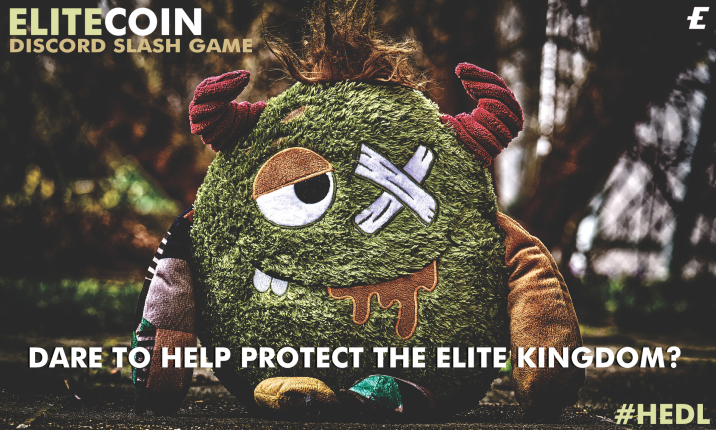This battle has different meanings to the French and the Swiss - and from generation to generation... it is often considered the beginning of Swiss neutrality, following staggering losses amongst a military force that was considered the best infantry of the time - often supplying mercenaries to other countries.
Super Brief History
In the middle of the bloody Italian Wars, there were a number of rival factions battling for supremacy in central Europe. Of primary importance were the French, Spanish, Swiss, Papal States, Milan, Venice among others.
The Swiss put Massimiliano on the Milan throne in 1512 and supported him with mercenaries. The fighting continued all around them as boundaries were disputed all over what is now northern Italy. A lull came after the French were sent in retreat back to France and then tried to negotiate peace with its neighbors.
Fighting came to a head in 1515 when King Francis took the throne in France and began another round of battles with hired military from Germany. Taking Novara, the deposed Swiss negotiated a treaty with France. They would give up Milan in exchange for a large fee and a title of Duke for Massimiliano.
But, as the Swiss went home, they were cut off by the French and the ensuing skirmish killed some of the Swiss.
The next day, they returned to the Castle of Milan where the cardinal rallied them to fight the French, confident they would win.
With an infantry of 25-30k and 10 cannons (and 200 cavalry mercenaries), they faced a French military that was boosted by 26k German mercenaries including 6k of the Black Band company as well as 3k cavalry and 60 artillery. The bloodbath the ensued saw at least 10k Swiss killed and thousands taken captive compared to 5k losses on the French side.
Francis was knighted on the battlefield by Bayard.
The Swiss retreated.
After a few more skirmishes in the region in 1516, the Treaty of Fribourg gave the Swiss money and established cantons in exchange for the agreement they would give up claims to Milan and remain neutral towards the French. The French could also hire mercenaries from the Swiss.
This was not the end of the Italian wars, but was the end of Switzerland's role in it.
Watch this video from Kings and Generals:
How to remember this massacre/battle seems to be a bone of contention in Switzerland today - the idea that such carnage should be remembered with anything other than ones of contempt is distasteful to many Swiss.
That's all I'm going to say about this event, as the whole period of history is super complicated and would take weeks of reading/listening to gain even a basic understanding of all the nuances of this war.
Sources
- Swiss Info
- video linked above
Previous issues
September
- Sep 2, 1666 - The Great Fire of London
- Sep 3, 301 - The Founding of San Marino
- Sep 4, 925 - Crowning of Æthelstan in England
- Sep 5, 1698 - Peter the Great's Tax on Beards
- Sep 6, 1651 - The Royal Oak of King Charles II
- Sep 7, 1888 - First US Baby Placed in an Incubator
- Sep 8, 1883 - Completion of Northern Pacific's Transcontinental Railroad
- Sep 9, 1919 - Alexander Graham Bell Sets Water Speed Record
- Sep 10, 1846 - Patent Issued for Elias Howe Jr's Sewing Machine
Lori Svensen
author/designer at A'mara Books
photographer/graphic artist for Viking Visual
(Buy my work at RedBubble, TeePublic, PicFair and DeviantArt.)
verified author on Goodreads
(Buy my books at Books2Read and at LBRY)


